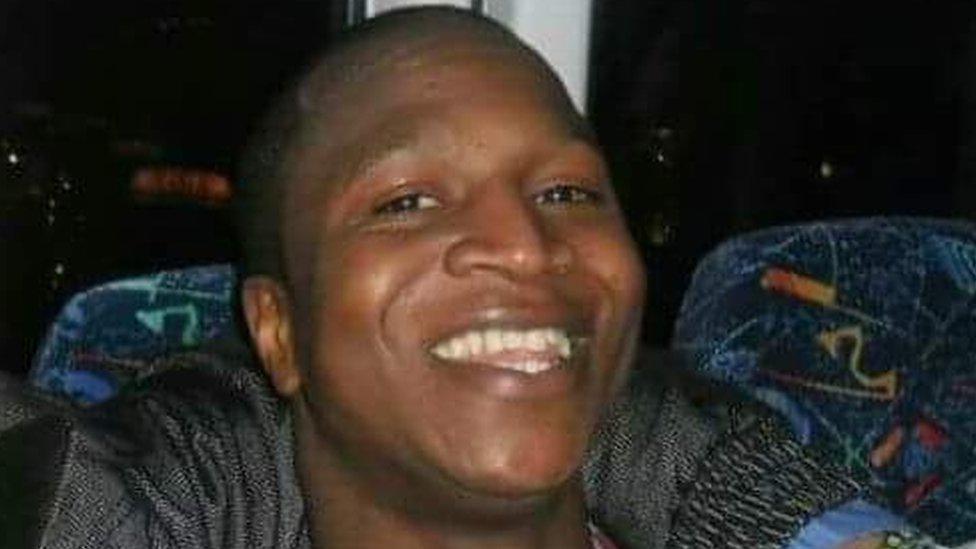Doctor says handcuffs may have hindered attempts to treat Sheku Bayoh
- Published
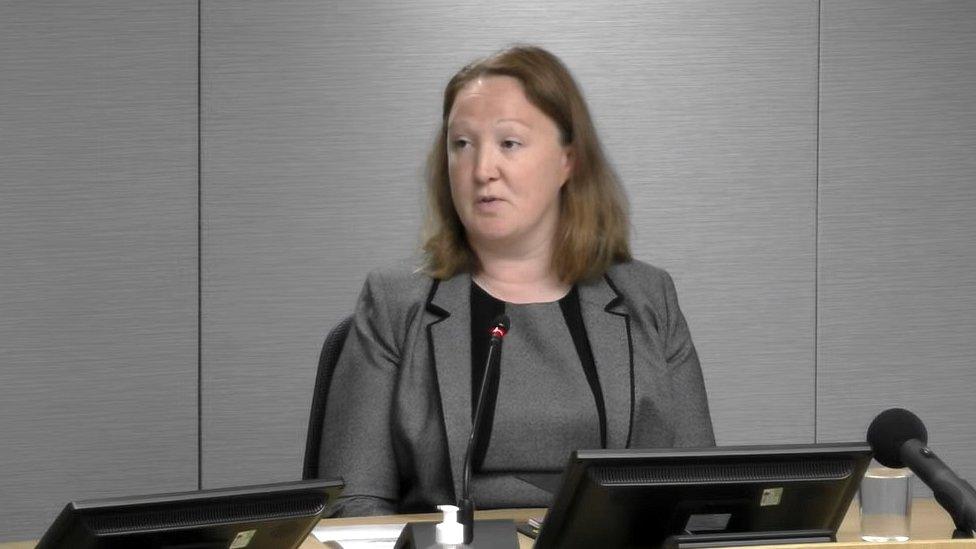
Dr Gillian Pickering said Mr Bayoh's hands were handcuffed across his chest when he arrived at the A&E unit
A doctor told the Sheku Bayoh inquiry there could have been a different outcome on the day he died if his handcuffs had been removed when police were giving him emergency treatment.
The 31-year-old stopped breathing after being restrained by six officers on a Kirkcaldy street on 3 May 2015.
He received CPR at the scene and in an ambulance to Victoria Hospital.
Dr Gillian Pickering said Mr Bayoh's hands were still handcuffed across his chest when he arrived at the A&E unit.
Dr Pickering, who was in charge of his treatment at the hospital, told the inquiry the position of the handcuffs could have hindered efforts to give him "really good" chest compressions.
She said if they had been removed at the scene, it could have made a difference to the outcome.
Dr Pickering was questioned by the inquiry's junior counsel, Laura Thomson, on Wednesday.
She said: "It could have, the gentleman was a big guy and his arms were big and they were across his chest.
"To do good effective CPR and you need to be able to get good access to the chest."
Dr Pickering said at the hospital Mr Bayoh was in respiratory arrest - he was not breathing - and he went into cardiac arrest.
She and her team tried to resuscitate Mr Bayoh, inserting a tube into his throat to help him breathe.
She said "drugs were in my head as a potential cause" for his cardiac arrest due to his age and having been given a description of him being "aggressive".
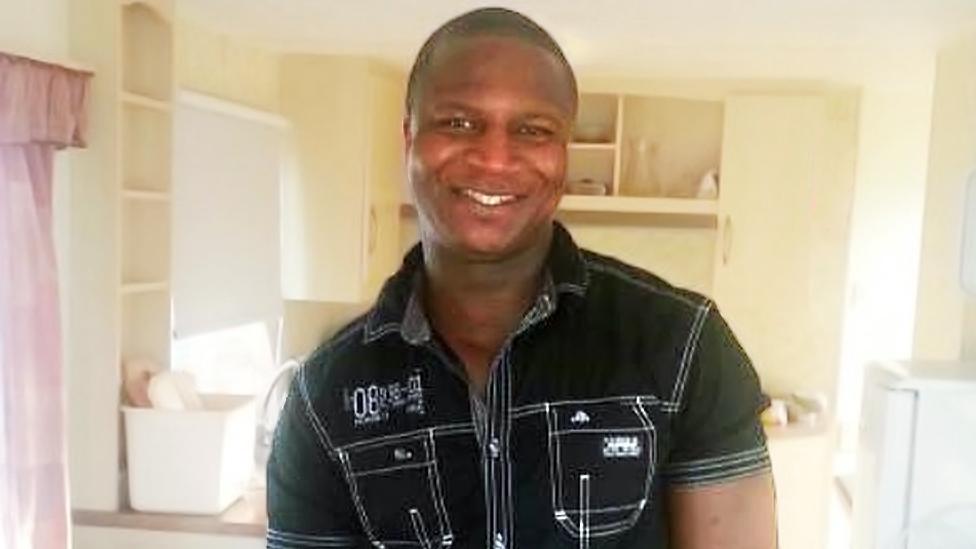
Sheku Bayoh died after being restrained by officers in Kirkcaldy in May 2015
Naloxone, an anti-opioid drug, was administered but it did not appear to have any effect.
She said there was not an obvious cause for his condition and she could not remember anyone telling her he had been pinned down on the ground.
She said being pinned facedown can cause asphyxiation - and if somebody has taken drink or drugs, that can be a factor as well.
Asked how this information would have helped her, she said: "It's not going to change what I would do, but it would give me an idea of what has led up to it."
Questioned by Claire Mitchell QC, for the Bayoh family, Dr Pickering agreed that someone being pinned on to the ground could cause respiratory arrest.
Ms Mitchell then referred to evidence given by one of the police officers, who said he had heard a rib crack when he was giving Mr Bayoh CPR.
She asked Dr Pickering if the weight of the three officers pressing Mr Bayoh to the ground while restraining him - 13.5 stone, 20 stone, and 25 stone - could be a more likely cause of the rib fracture.
"It could, yes," Dr Pickering replied.
The inquiry was told the medics shocked Mr Bayoh to try and resuscitate him, but it had no effect.
The team involved in his emergency care pronounced death at 09:04.
Dr Pickering said there was nothing she or her team could have done to save Mr Bayoh's life.
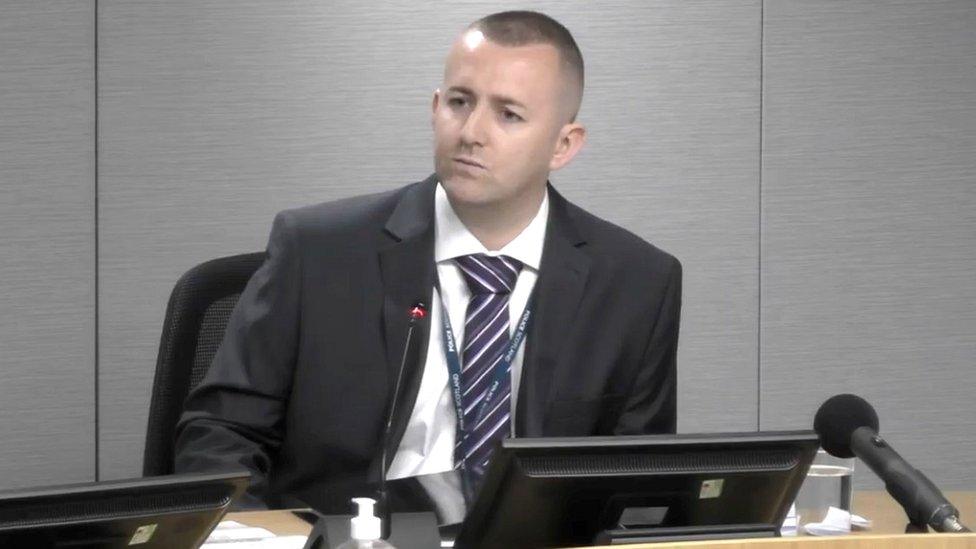
PC Daniel Gibson also gave evidence on Wednesday
PC Daniel Gibson also gave evidence at the inquiry in Edinburgh on Wednesday.
PC Gibson said he felt "horrific" after he and other officers realised Mr Bayoh was unconscious.
It also emerged he attended a wedding with Mr Bayoh two years before his death in 2015.
A photograph was shown of them in a group at the wedding.
However, PC Gibson said he did not believe he had any contact with Mr Bayoh at the event in 2013.
He said he saw two other officers struggling with Mr Bayoh on the ground.
The constable said he helped the other officers by restraining the 31-year-old's legs.
PC Gibson said he saw another officer had handcuffed Mr Bayoh with his hands in front of him.
Another officer said "get off him" and they then realised Mr Bayoh was unconscious, he said.
His statement to the inquiry said things were "frantic" as the police officers then tried to perform CPR on Mr Bayoh.
He said he felt "horrific" and "shocked" at the time and "zoned out" afterwards back at the station. He said: "Not in this world is the best way I would describe it."
The inquiry is examining the circumstances of Mr Bayoh's death, the investigation that followed and whether race was a factor in what took place.
The inquiry, before Lord Bracadale, continues.
- Published31 May 2022
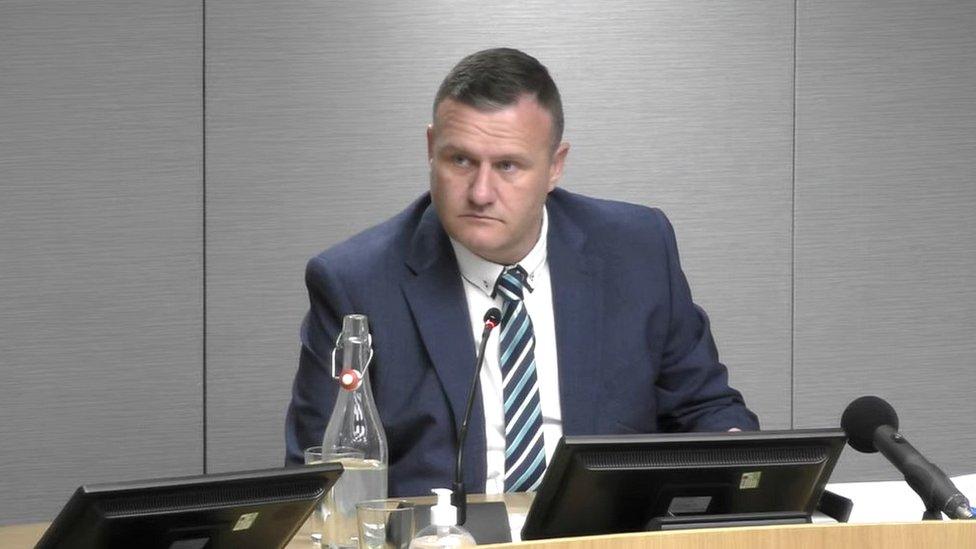
- Published27 May 2022
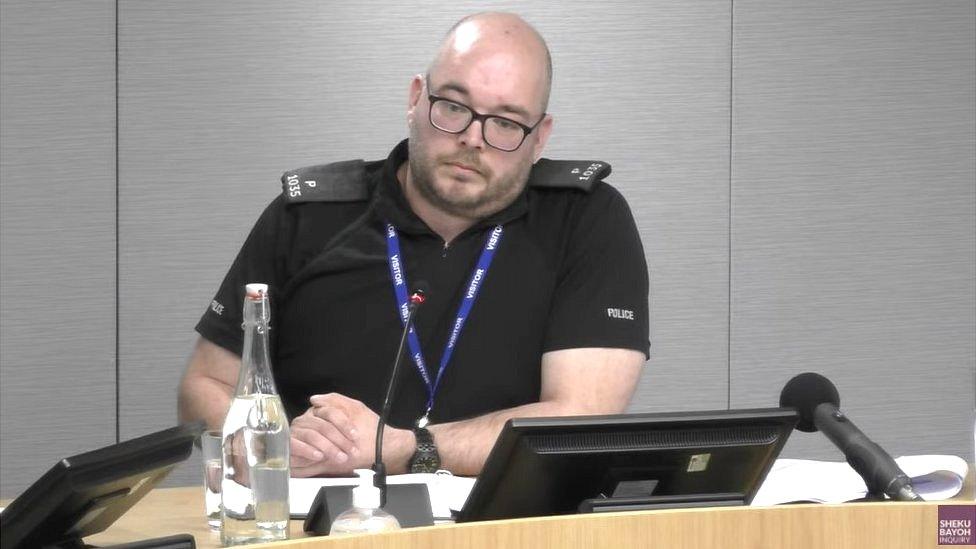
- Published26 May 2022
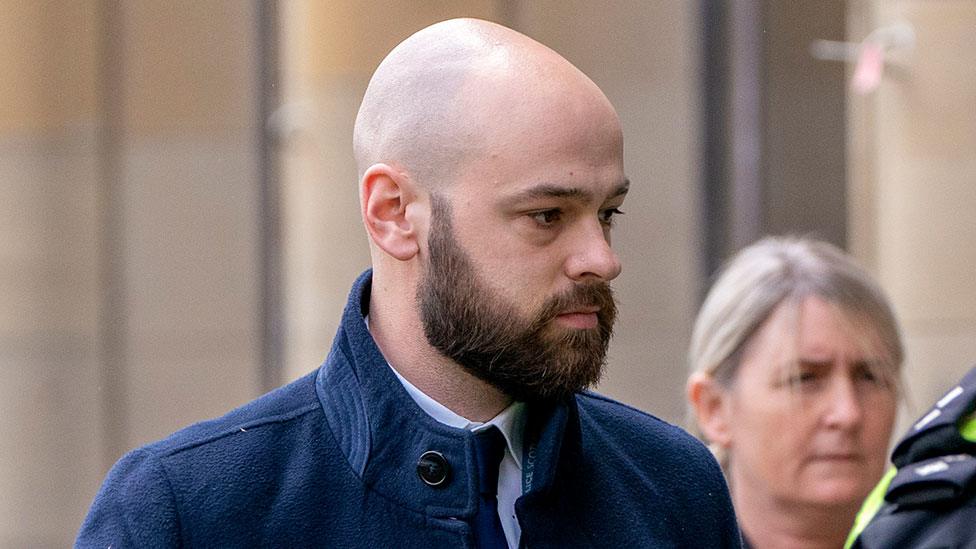
- Published25 May 2022

- Published24 May 2022
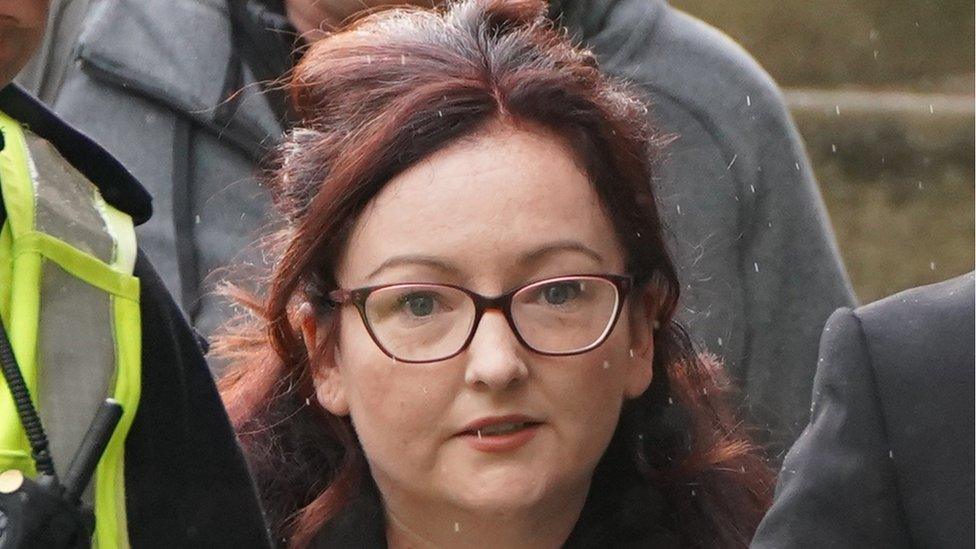
- Published20 May 2022
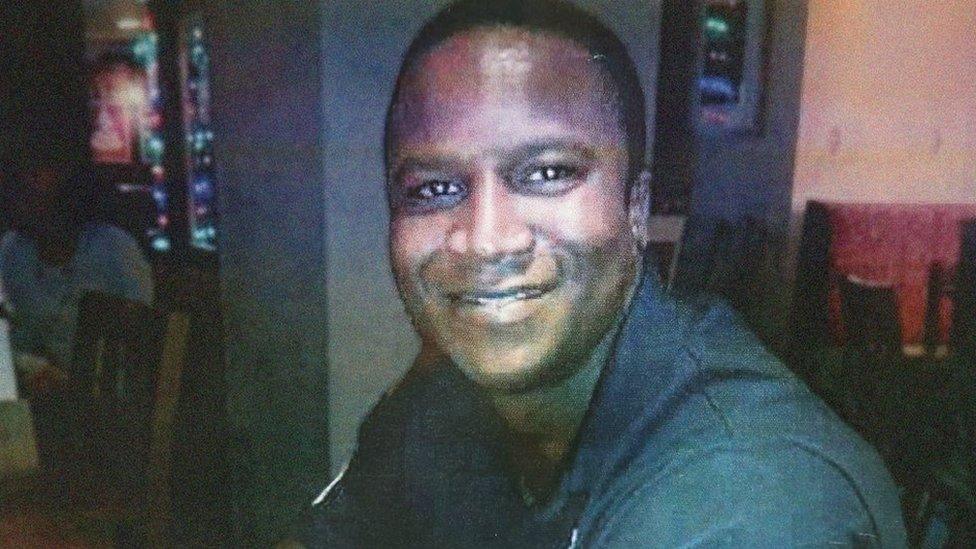
- Published19 May 2022

- Published17 May 2022
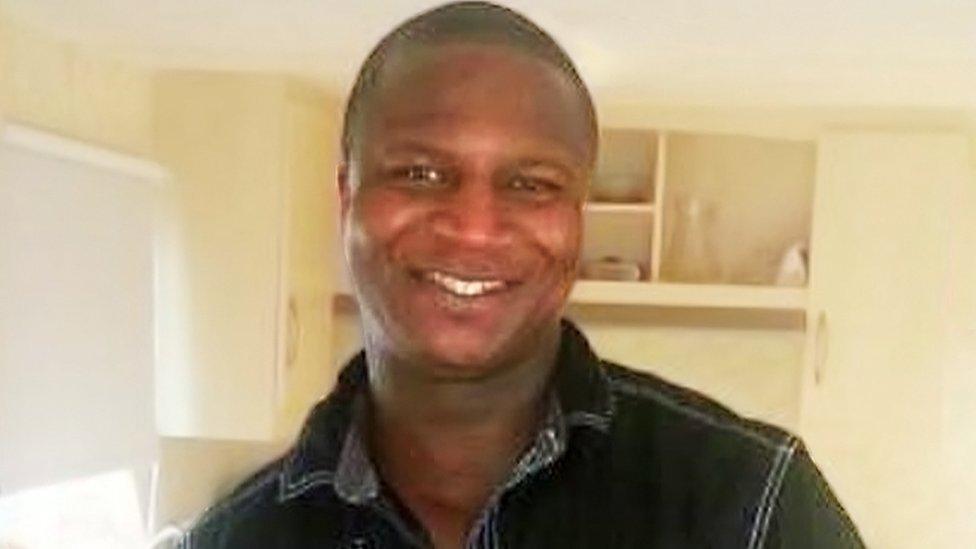
- Published15 May 2022
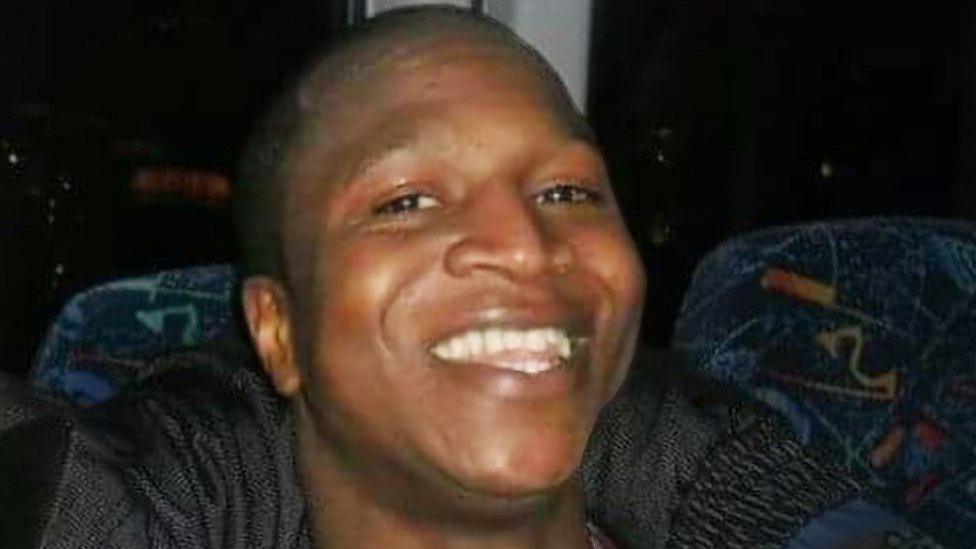
- Published13 May 2022
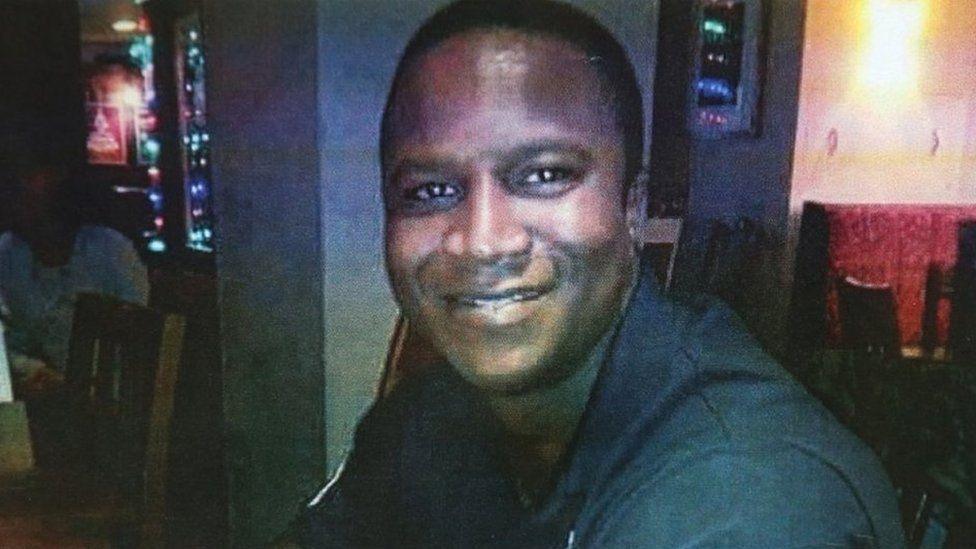
- Published11 May 2022
